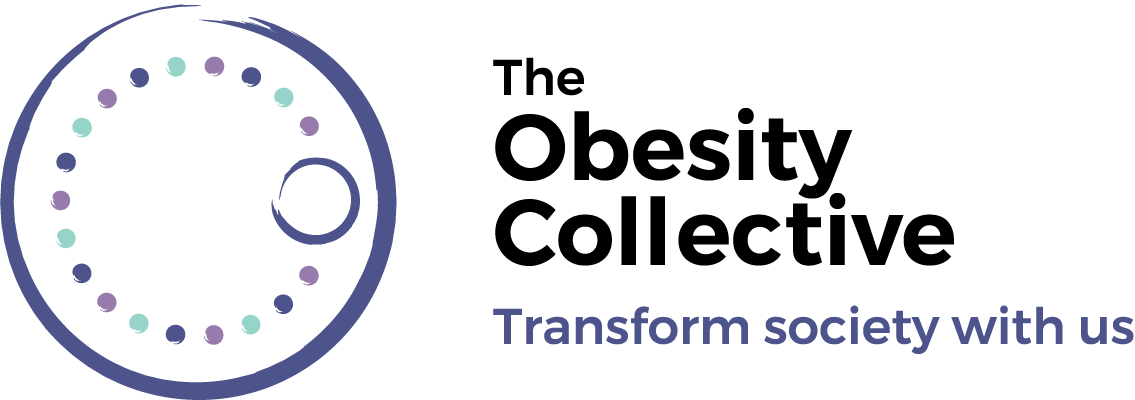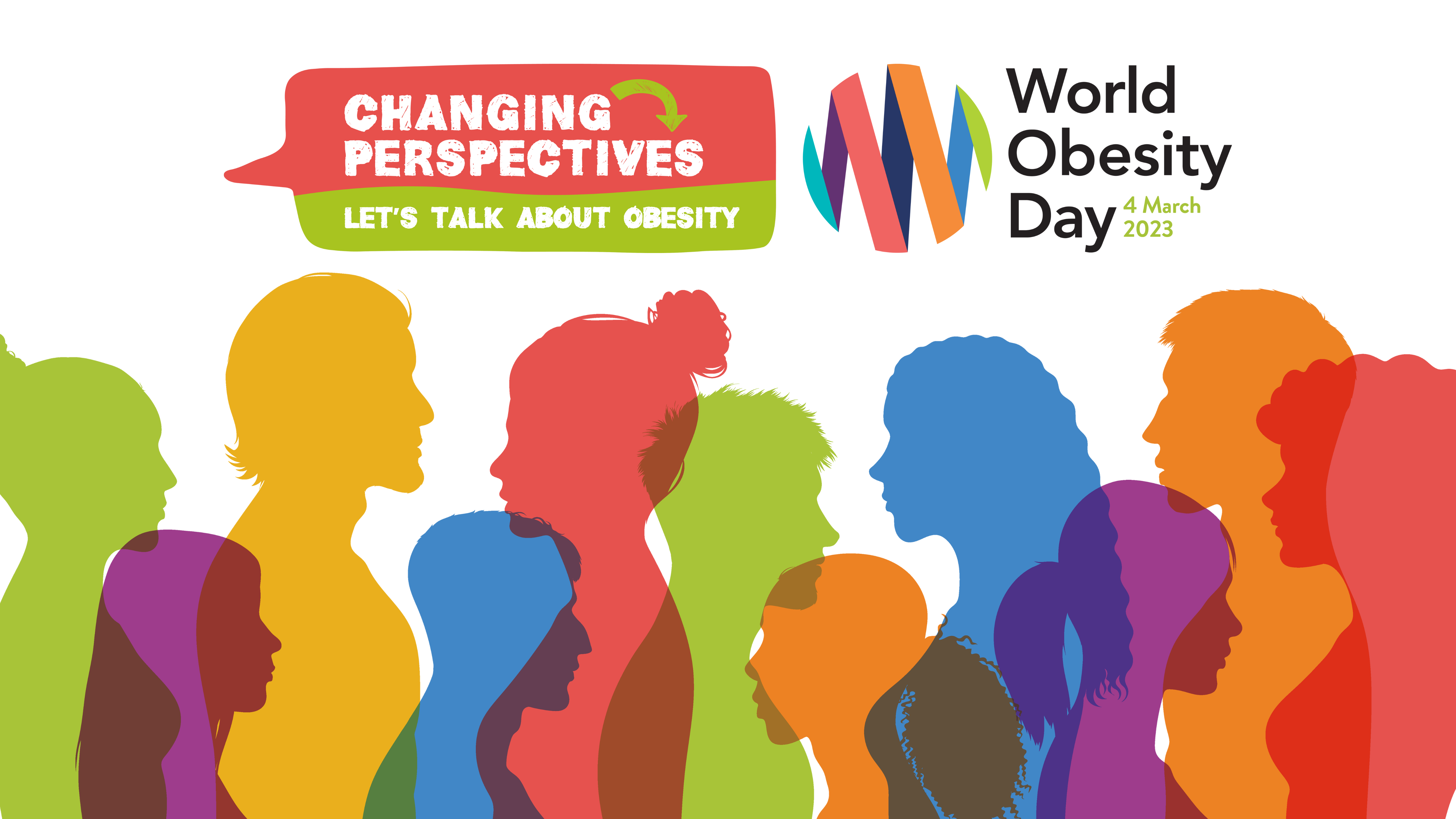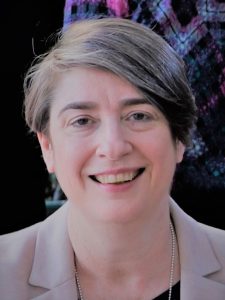Monday 6th March, 1:00pm-2:30pm AEST (Online)
To mark World Obesity Day, and due to popular demand, we hosted our fourth annual Rapid Talks series on Monday 6th March 2023. The theme this year was Changing Perspectives: Let’s talk about obesity.
Misconceptions about obesity lead to harmful shame and blame and minimise efforts to address obesity as a complex systems issue that needs coordinated action across all levels of society. This World Obesity Day’s theme challenges us to change the narrative around obesity by addressing these misconceptions.
The virtual Rapid Talks event ran for 90-minutes with a range of expert speakers from across Australia, providing you with a diversity of viewpoints.
2023 World Obesity Day Speakers
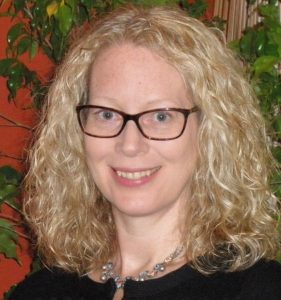
Using the SHIFT guide to change perceptions in WA East Metropolitan Health Service (WA)
Claire is Principal Public Health Nutritionist at East Metropolitan Health Service in Perth, Western Australia. She leads implementation of the health service’s Obesity Prevention Strategy, which was developed in collaboration with local stakeholders. The strategy includes 28 actions spanning prevention, early intervention and treatment, using evidence-based approaches to address overweight and obesity and its determinants. She leads a small team of public health nutritionists, collaborating with researchers, primary care partners, clinicians, and community representatives to generate locally-focused evidence and action. In 2020 her team developed SHIFT, a locally relevant, practical guide to support WA health system communications staff to work in a non-stigmatising manner when reporting on obesity.
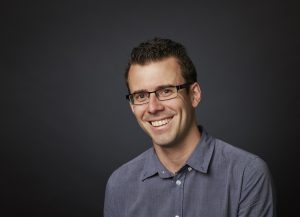
Senior Research Fellow at the Centre for Social Research in Health, UNSW
Tim has a background in psychological and social sciences research and has previously worked in research positions within the not-for-profit sector. His current research interests include addressing stigma and discrimination, particularly in relation to health care access, health outcomes, and wellbeing. Since 2017, he has worked on the Stigma Indicators Monitoring Project, which monitors experiences and expression of stigma towards population groups affected by blood borne viruses in Australia.
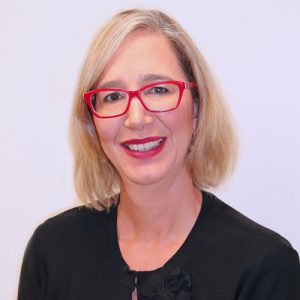
Chairperson, RACGP SIG Obesity Management, Royal Australian College of General Practitioners Special Interest Group for Obesity Management
My first career was as a dietitian and I worked in several tertiary hospitals, community health centers and private practice, primarily regarding weight management and diabetes. I then retrained as a medical practitioner and have worked as a General Practitioner for the last 14 years. Since 2022 I have focused solely on obesity management and the management of weight-related health conditions.
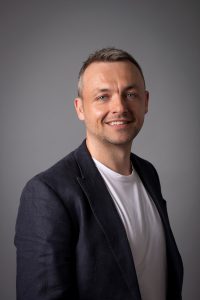
Collective Leisure
David has worked in the sport and physical activity sector in England and Australia for 23 years, in roles spanning Local Government, peak bodies, private sector and the social economy.
David is a competent agent of change operating from two platforms, as the Founder and CEO of Collective Leisure and Director of DB Consulting.
Collective Leisure is Australia’s first social enterprise leisure management company, certified by Social Traders. With a mission to reduce health inequity within our communities.
This is summarised in our purpose statement of “enabling well-being without boundaries”. DB Consulting works with government and peak bodies in a policy, planning and strategic context.
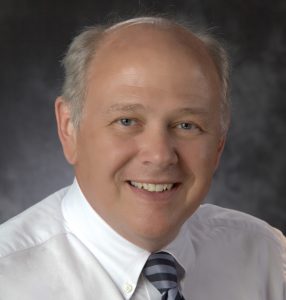
Founder of ConscienHealth, RPh MBA
Ted Kyle is a pharmacist and healthcare innovator living in Pittsburgh. He’s also a tireless advocate for people living with obesity. His widely-read daily commentary, published at conscienhealth.org/news, reaches a diverse audience of thought leaders in health and obesity.
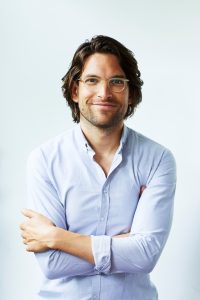
VicHealth CEO, MBBS MPH PhD
Dr Sandro Demaio is the CEO of VicHealth, a medical doctor and a globally-renowned public health expert and advocate. Previously the CEO of the EAT Foundation, the science-based global platform for food systems transformation, Dr Demaio has also held the role of Medical Officer for non-communicable conditions and nutrition at the World Health Organization (WHO).
Dr Demaio originally trained and worked as a medical doctor at The Alfred Hospital in Melbourne. He holds a Masters degree in public health, a PhD in non-communicable diseases, and has held fellowships at Harvard Medical School, Copenhagen School of Global Health, Johns Hopkins Bloomberg School of Public Health and the University of Melbourne. To date, he has published more than 40 scientific papers, including coordinating the 2019 Lancet series on nutrition.
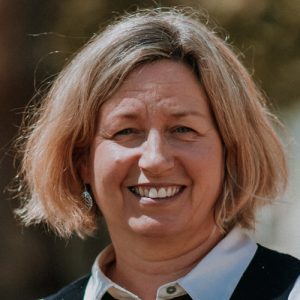
Deputy Director, Health Consumers’ Council WA, Network Lead, WA WELL Collaborative, Board member, Weight Issues Network
Clare’s primary area of interest is in lived experience perspectives across the whole spectrum of issues relating to obesity and health. Clare has developed her understanding of this topic based on her own lived and learned experience, as well as from insights shared by hundreds of consumers over the last four years in a collaboration with the WA Department of Health, the WA Primary Health Alliance and the Health Consumers’ Council WA.
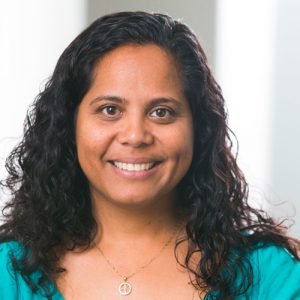
National Manager, Aboriginal and Torres Strait Islander Engagement, Diabetes Australia
Deanne is most interested in Aboriginal and Torres Strait Islander Health, health promotion and prevention. Deanne has over 25 years’ experience working in Aboriginal and Torres Strait Islander health and education at a community, regional, state and national level, leading statewide preventative health initiatives including nutrition, physical activity and healthy lifestyle programs targeting Aboriginal and Torres Strait Islander peoples. She holds a Master of Health Science (Health Promotion) and Graduate Diploma in Health Promotion.
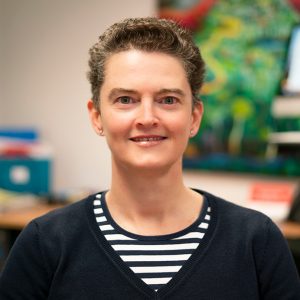
Professor and Head – School of Health Sciences, College of Health & Medicine, University of Tasmania
I am a Professor in Exercise Physiology and Energy Metabolism, and an Accredited Exercise Physiologist. My research commonly sits in the nexus between nutritional and exercise physiology. My research (and that of my team) is focused on better understanding the roles of resting metabolism, diet and physical activity in the aetiology and management of obesity and associated co-morbidities, and in exploring ways to optimise body composition for health and human performance.
Over many years I have investigated which is more important to achieving effective weight loss – metabolism or behaviour? Another research theme is exploring the relationship between protein metabolism and energy expenditure in optimising lean body mass.
Early in my career, I was awarded the prestigious Young Investigator Award for the Australia and New Zealand Obesity Society (ANZOS). I was elected as President of ANZOS, only the second non-medical practitioner to achieve this position.
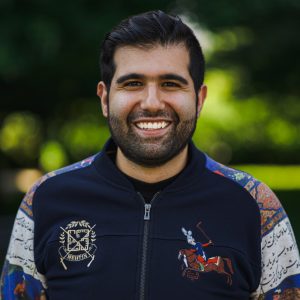
Medical student, Deakin University; Researcher, Global Centre for Preventive Health and Nutrition (GLOBE), Institute for Health Transformation, Deakin University
I have over five years of experience working at a multidisciplinary obesity management centre in British Columbia, where I developed a deep understanding of the complexities surrounding obesity and the obstacles individuals face in managing their weight. During my undergraduate studies, I established and led an Obesity Canada chapter at Simon Fraser University. Currently, I am involved in a research project aimed at exploring consumer and policymaker perspectives on factors influencing healthy eating habits and opinions on food policy interventions.
Kristie Gum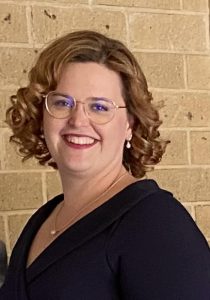
Nurse Practitioner Candidate, Bachelor of Nursing, Post Grad Cert General and Community Nursing, Post Grad Cert Human Nutrition
Kristie is a Nurse Practitioner Candidate who has spent most of her career in the Primary Health and Chronic Disease Management Space. She has done post graduate studies in Community and General Practice nursing, and is a Registered Nutritionist. Kristie has been volunteering with the Weight Issues Network Lived Experience Leadership Team for 6 months.
Kristie takes a unique approach to her practice as a person with lived experience. Offering an empathetic and holistic approach to all areas of chronic disease management. She takes particular interest in supporting and educating health professionals to best support a person living with obesity and the complexities which are associated.
Liz Munn
Director of Population Health Policy & Engagement in the Centre for Population Health at the NSW Ministry of Health
Liz is responsible for the development and delivery of healthy eating and active living policy, including social media communications, clinical engagement, and evaluation. Liz is an Accredited Practising Dietitian, and prior to her current role she was the Principal Policy Analyst – Food Policy in the Centre for PopulationHealth. Liz has over 30 years’ experience in nutrition, health, and consumer research, and policy development and translation.
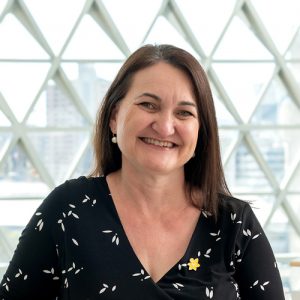
Vice President (Policy) Public Health Association of Australia, and Council Member Australian New Zealand Obesity Society (ANZOS).
Professor Caroline Miller is the Director of the Health Policy Centre at SAHMRI. She is also an NHMRC Emerging Leadership Fellow 2 at the University of Adelaide. Caroline is qualified in Psychology, Economics and Public Health.
The Health Policy Centre undertakes research in public health prevention – specialising in obesity prevention, tobacco control and COVID-19 policy. The Centre delivers timely and relevant evidence to inform public health policy reform, social marketing campaigns, and other interventions to change the context for health behaviours and reduce the preventable burdens of disease.
Caroline leads a program of research in obesity prevention, with a specialist focus on ultra-processed foods and beverages, including sugar sweetened and non-sugar sweetened beverages. She has specialist expertise in labelling and is currently investigating added sugar labels and consumer warning labels for beverages. She also has interests in public health communication, policy dialogue and reducing weight-stigma.
Caroline has specialised in tobacco control for over 25 years. She was one of a select group of scientists advising the Australian Government on world-leading tobacco plain packaging laws. She contributed to the research program which underpinned the law, and its defence against international legal challenges. She established and leads the Tobacco Control Research + Evaluation program which undertakes population monitoring, research and evaluation in all aspects of tobacco control, including vaping.
Caroline leads SAHMRI’s Community and Consumer Engagement strategy, and is committed to the involvement of people with lived experience in research, policy and services.
